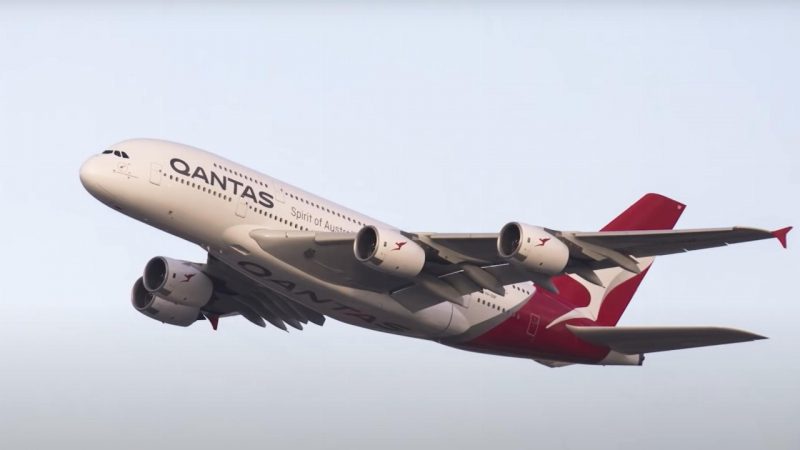- Qantas (QAN) reports its FY23 results, posting $19.8 billion in revenue
- The underlying profit was $2.4 billion, while statutory profit after tax came in at $1.74 billion
- Strong leisure travel demand has continued to remain the quo with Qantas Loyalty engagement at pre-COVID levels
- Costs attached to initiatives to tackle supply chain issues will continue to unwind into FY24
- Shares last traded at $6.28
Qantas (QAN) has released its annual report for FY23, posting revenues of $19.8 billion; underlying profit of $2.4 billion and statutory profit after tax of $1.74 billion.
All three metrics were up more than 100 per cent YoY compared to the end of FY22. Qantas grew its revenues by close to $11 billion over the last year.
No dividends were paid out during FY23 but the company did complete on-market buybacks during the year and has today announced further buybacks to come.
All in all, Qantas inks a 103.6 per cent return on invested capital for FY23 – that’s up from minus 31.6 per cent in FY22.
Qantas pointed towards the group’s capacity returning to 77 per cent of pre-COVID operations; surprisingly resilient travel demand, and the completion of a three-year review which the company asserts has locked in permanent cost savings of some $1 billion.
Despite a recovering post-COVID environment, the company noted that FY23 was still impacted by a series of industry-wide challenges.
“These included aircraft manufacturer delays, supply chain dislocations, constrained labour availability and training, and limited heavy maintenance slots,” the company wrote.
Despite the impressive FY23 result, Qantas noted that it has spent money on resilience against the aforementioned factors which “are expected to unwind into FY23/24.”
The Qantas Loyalty program netted the company earnings before tax of $451 million while international operations including freight clocked earnings before tax of $1.05 billion.
Qantas Freight performance is expected to continue to moderate in the post-COVID environment, this division significantly slowed down in the second half.
Loyalty points earned and redeemed exceeded pre-COVID levels, suggesting a market with strong demand for travel but also more incentivised to maximise savings.
Margins for Qantas Domestic on an earnings-before-tax basis were 18 per cent, clocking revenue of $1.27 billion. Jetstar Domestic meanwhile clocked $255 million and a lesser margin of 11 per cent.
Strong leisure demand – contrary to the overarching economic narrative of our current environment – remains an underpinning factor of both margin metrics.
Back in July, Macquarie Bank noted that travel stocks in Australia remain a safe bet given the surprising resilience of demand for leisure travel. Corporate and business travel, at the time of that release, were lagging behind leisure.
Shares last traded at $6.28.

